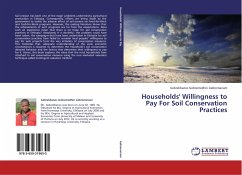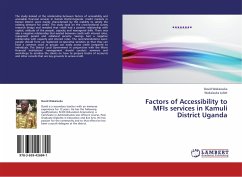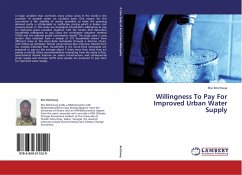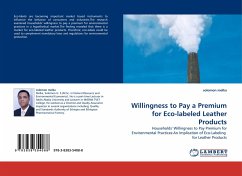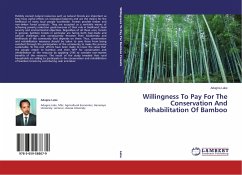The key objective of this study is to identify the main obstacles or variables that affect the implementation of micro insurance programs, with special attention to the self-employment sector in Sri Lanka. As it can be seen, a large number of self-employees join community-based organizations in rural areas. Therefore, this study was carried out via SANASA cooperative societies based in rural communities in 16 districts all over the island. The network of SANASA cooperative societies is the largest cooperative network in rural areas representing more than 17% of Sri Lankan population inclusive of their family members. Many factors have been identified as the barriers for implementing micro insurance programs. All these factors have a great impact on successful implementation of micro insurance programs for lower income groups. Among these causes, willingness to pay/buy insurance, affordability, accessibility and consumer trust on insurance were selected as the key variables to carry out this study.
Bitte wählen Sie Ihr Anliegen aus.
Rechnungen
Retourenschein anfordern
Bestellstatus
Storno




